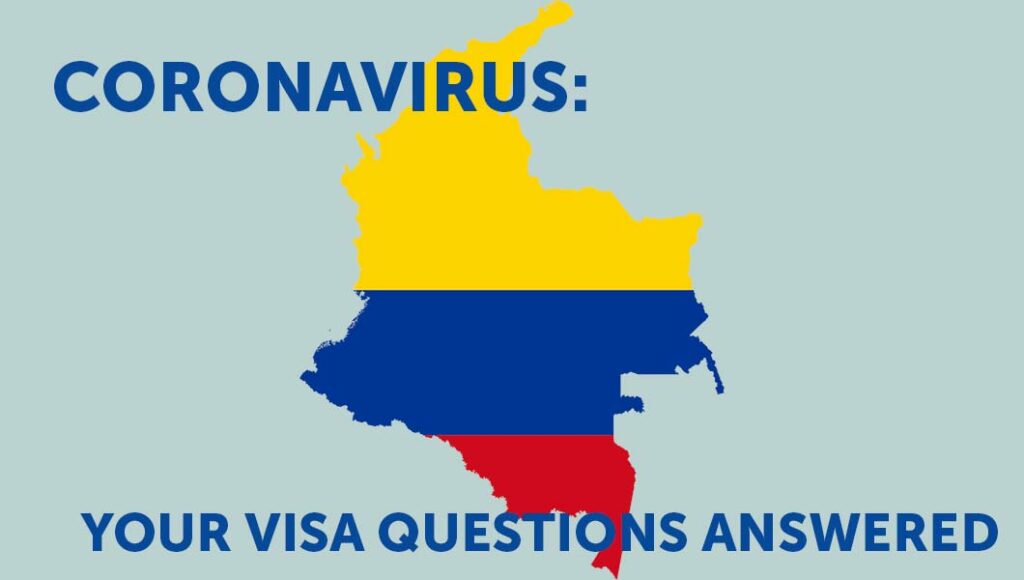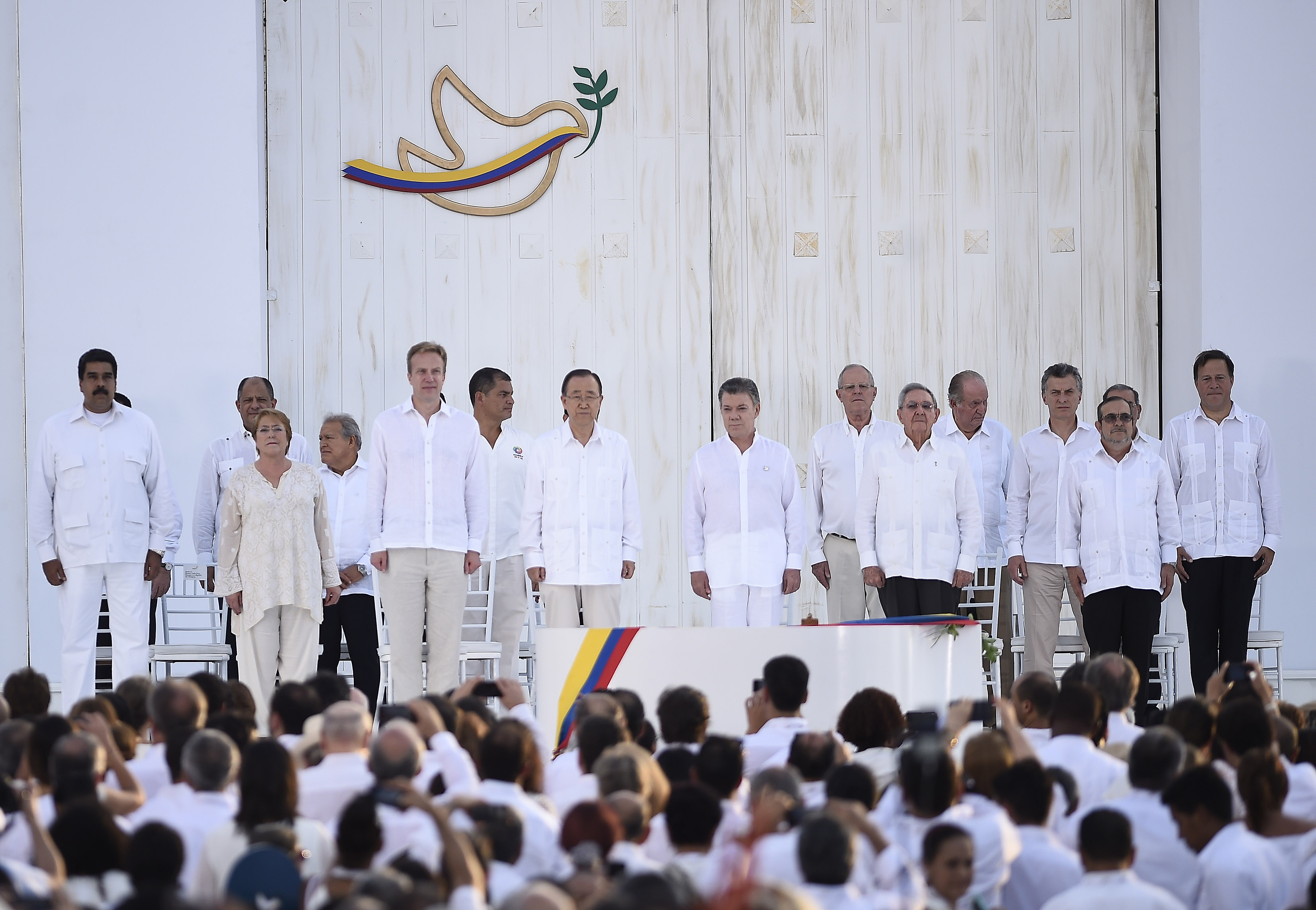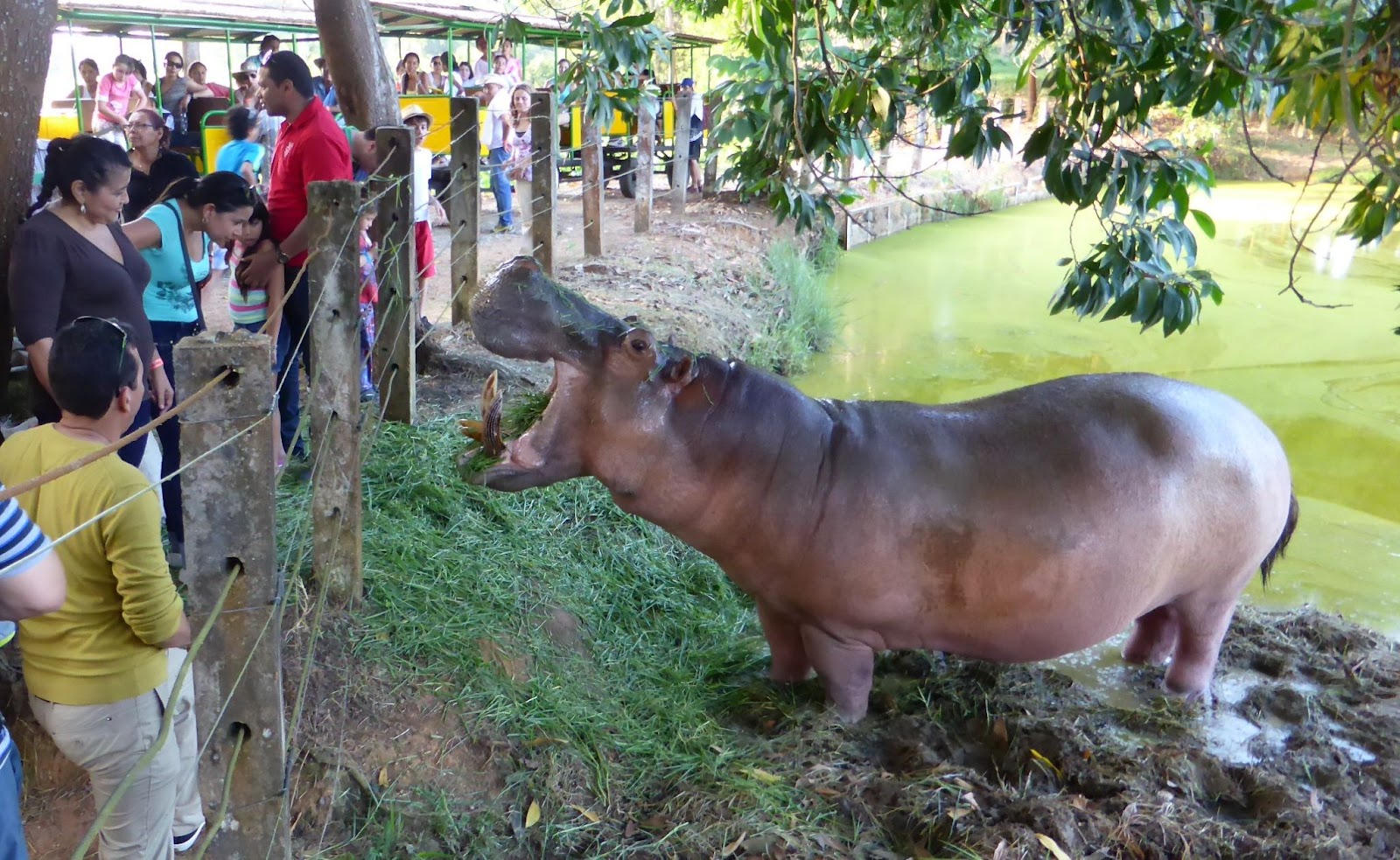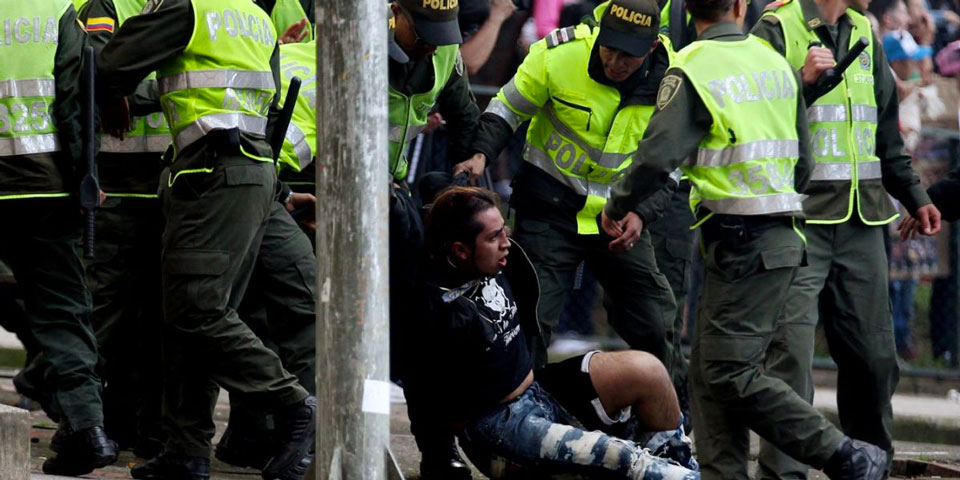Worried about your visa/travel situation with the recent coronavirus restrictions? We got answers from Migración Colombia about some common concerns.

There’s a lot of information and disinformation flying around about COVID-19, more commonly known as the coronavirus. We asked Migración Colombia to solve some of the problems that readers have told us they’re worried about. Here are the answers we have for some of the most common visa issues and migration situations. Thanks go especially to Juan Caicedo at Migración for his help.
Please be aware that the situation is changing quickly, which means the rules are too. It’s a good idea to double-check with the relevant authorities and to keep an eye on the news. Various Colombian departments have already announced curfews, ley seca and other restrictions. Also, be aware that Migración Colombia do not control airports or airlines, nor are they medical professionals. If you want information on flights, ask the airline.
First, make sure you know what type of visa you actually have. This has changed a few times in the last few years, and the current system has been streamlined. If you’re a tourist, you probably have a permiso de ingreso stamped in your passport. Some people think of it as a tourist visa, but it isn’t actually a visa — and is issued by Migración Colombia, not the Cancillería.
If you’re here for a short amount of time and you have a visa, you probably have a type V (Visitante) visa. These are for people who are in the country for temporary purposes, even if that could be relatively long. It covers people studying, on volunteer courses, tourists who require visa, journalists and those on fixed-term contracts.
R (Residentes) visas are for residents, and this covers conjugal visas as well as regular residencies. If you don’t yet meet the requirements for a type R visa, you may have a type M (Migrante) visa instead. This is very similar to a type R visa, and most likely means that a type R is coming if you stay for five years.
I heard that all flights are currently grounded. Can I leave?
All scheduled flights have been grounded and this looks unlikely to change until at least May 30. However, there are occasional emergency and humanitarian flights repatriating people. These flights are being arranged at short notice and may require flexibility on your part.
As of March 27, planes have departed to the UK, Europe and North America in order to repatriate citizens of some countries. Your chances are especially a lot higher if you are within easy reach of El Dorado airport in Bogotá. There may be the possibility to take these flights from Medellín or Cali, but this is far from certain. You may be required to make your own way to Bogotá in order to take a flight, so if you are exploring this route, find out if this will be possible – do not expect embassies to take you door-to-door
What type of visa do I need to enter Colombia as a foreigner?
At the moment, only foreigners with type M, R or C (Cortesía) visas can enter Colombia. Foreigners with type V visas or tourists with no visas cannot enter the territory. However, as you may have noticed, no scheduled flights are arriving until May 30th.
I have a visa that allows me to enter the country, what do I have to do?
To enter Colombia, foreign nationals will have to complete the Formulario de Control Preventivo Contra el Coronavirus before their arrival in the country. It does not matter what type of visa you have, this applies to all valid visa holders. Once in Colombia, you will have to undergo an obligatory 14 days of isolation at a point of your choosing.
This can be any place you nominate, but it can be only one place and cannot be changed. For example, if you have a finca and a city apartment, you cannot move between them: you must choose one or the other. If it is a hotel or other temporary residence, make sure that you can stay at the hotel for the 14 days without break, and that the hotel is prepared to admit you.
You will be issued with a code which registers you in the isolation control database, and you may be required to show this to prove compliance with the regulations. You will also receive a daily reminder that you should be in isolation as well as notification when your time is up. There are no excuses for breaking the isolation norms, and it is possible for suspicious citizens to report you to Migración if you are thought to be breaking the rules.
What if I have a residency visa and I am ready to arrive in Colombia for the first time. Can I enter?
Yes, because you have an R visa. Remember that after arriving in Colombia you have to register the visa within 15 days. New visas of any type will not be issued outside the country for the foreseeable future.
I am already in Colombia and want to extend a permiso de ingreso (‘tourist visa’) for 3 months. Is this possible?
Normally, you should apply for a prórroga de permanencia on the Migración Colombia website. However, this has currently been suspended and the time from now until the 30th May will not be counted. If your permiso de ingreso has recently expired, relax. It is unlikely that Migración will fine or sanction people who are acting in good faith, so stay calm and follow the rules as best you can.
The deadline of 30th May is not set in stone, and may well change, so please check updates. Finally, the official wording is that all documentation will remain valid “until the flight situation normalises”. In practice, again, if you are acting in good faith, expect to be treated well. If you try to spin out extra time claiming you can’t get on a flight when they are clearly available, do not expect lenient treatment.
Will it be possible to get a new M, V or R visa if I am already in Colombia?
It appears to be possible as of the morning of 27 March, although this might change. Remember that all visa applications must be done online unless you are explicitly asked to attend the office. The website is still accepting applications for type V visas, but remember that this will not allow you to re-enter if you leave Colombian territory. Type R and M visas appear to be as normal. Migración and the Cancellería are under a lot of stress right now so expect delays and administrative hiccups.
If my visa expires and there are no flights to other countries, what should I do? Will it be possible to get a salvaconducto?
The current regulations are being implemented according to current conditions. If and when those change, Migración will make an announcement. Until then, any news is pure speculation. It is not currently necessary to apply for a prórrogo de permanencia, see the above question for more details. Migración are giving you time until “the flight situation normalises”, which is open language and implies that they will be reasonable.
I am flying from Panama to France. Can I change planes in Colombia?
Yes, although you need to check the current regulations of the country you will arrive in. As long as France will let you arrive and your air carrier is willing to take you, there is not a problem with changing planes in Colombia. However, there are currently no flights from either country, so the situation is unlikely.
If I leave Colombia at Leticia, but Brazil denies me entry, what happens next? Can I re-enter Colombia?
All Colombian land, sea and riverine borders are closed, and you are not permitted to leave this country by these routes. Air travel is the only way out at this stage. If you illegally leave Colombia, you should not expect a warm welcome back.
I am leaving Colombia soon to go home to my country. What should I do before arriving at Migration?
Complete the control form on the Migración Colombia website. Check with the relevant authorities in your country that you can enter without problem. It is currently recommended that you arrive at the Migración checkpoints (not just at the airport door) at least three hours before your scheduled departure time.
If I am in self-isolation and want to leave the country early, is this possible?
Yes, but you must complete the above-mentioned 8 and abide by the isolation and quarantine norms. It would be wise to allow even more extra time at the airport in this case. Remember that flights are extremely limited at the moment and this is unlikely to change.
Someone has reported me for breaking the rules on isolation, what happens next?
Migración officials will visit your chosen isolation address and confirm the situation. This is where your code will be used, and hotel staff or building security may be questioned as to your movements. You will be subject to administrative and penal measures if found to be breaking the rules and seven foreigners have been deported already for contravening the isolation regulations. Colombia, like all other countries in the world, is taking this seriously and you should not treat the measures lightly.
This also applies for the national quarantine which, as of March 27, will last until April 13. You are unlikely to be deported for this if you are not a visitor, but it’s wise not to test the rules. Expect at the least to pay a hefty fine – at least one minimum salary – and perhaps serve jail time.
I have been deported for breaking the rules on isolation, what happens next?
You will have to follow the rules for all people deported from Colombia. First, that’s seven years without being able to visit Colombia except in exceptional circumstances. Next, you’ll get a stamp in your passport saying you have previously been expelled from a country, which will be a big headache. After the seven years, you can apply for visas again, although don’t expect it to be easy. As there are no flights at the moment, you may well be imprisoned until flights become available.
When will non-resident foreigners be able to visit Colombia again?
As of March 27, the borders are closed until May 30. This is, however, subject to revision depending on circumstances, which are volatile both in Colombia and worldwide, so keep an eye on updates.
Please note, this information is based on answers supplied by Migración Colombia and supplemented by additional information from other sources.





